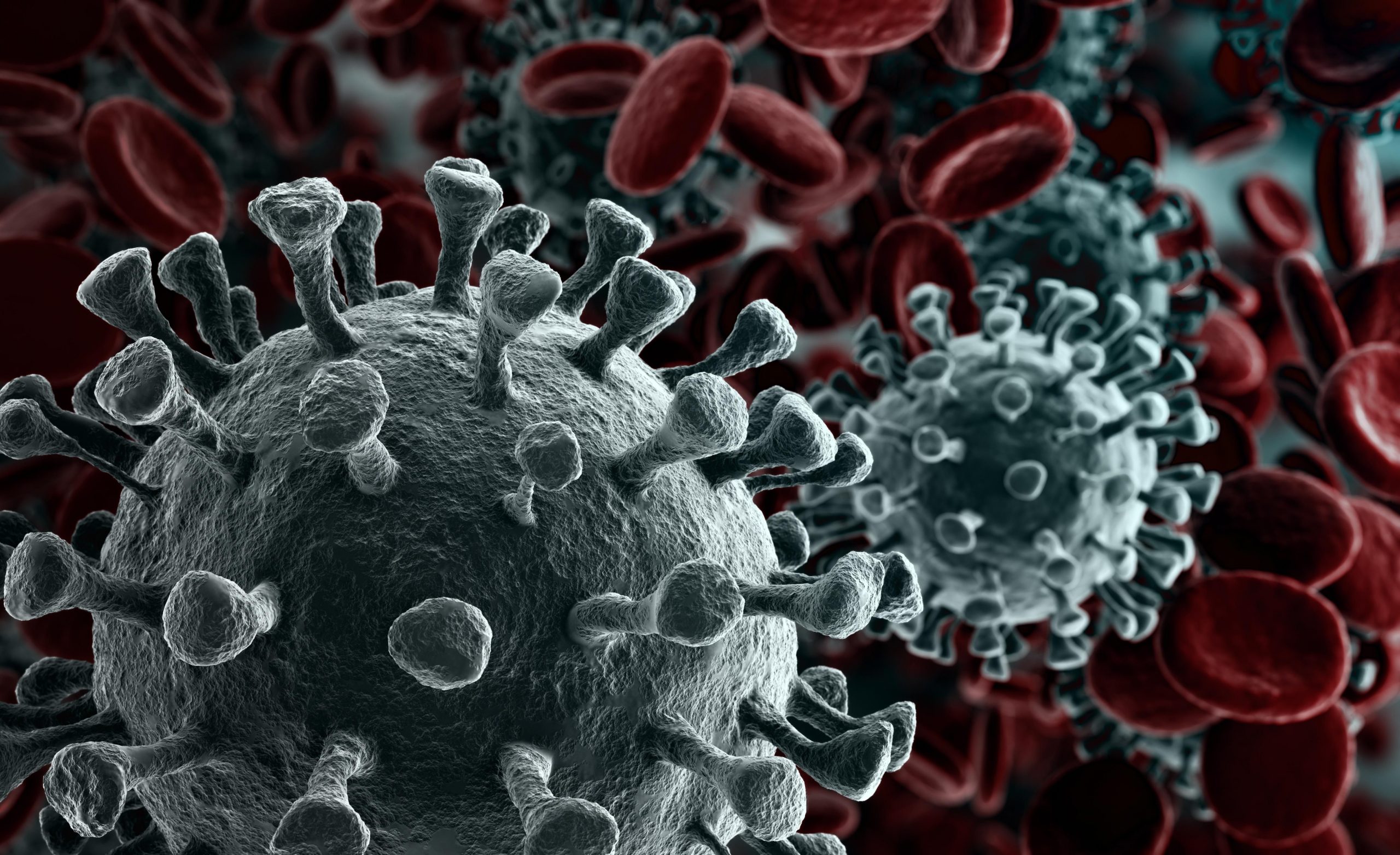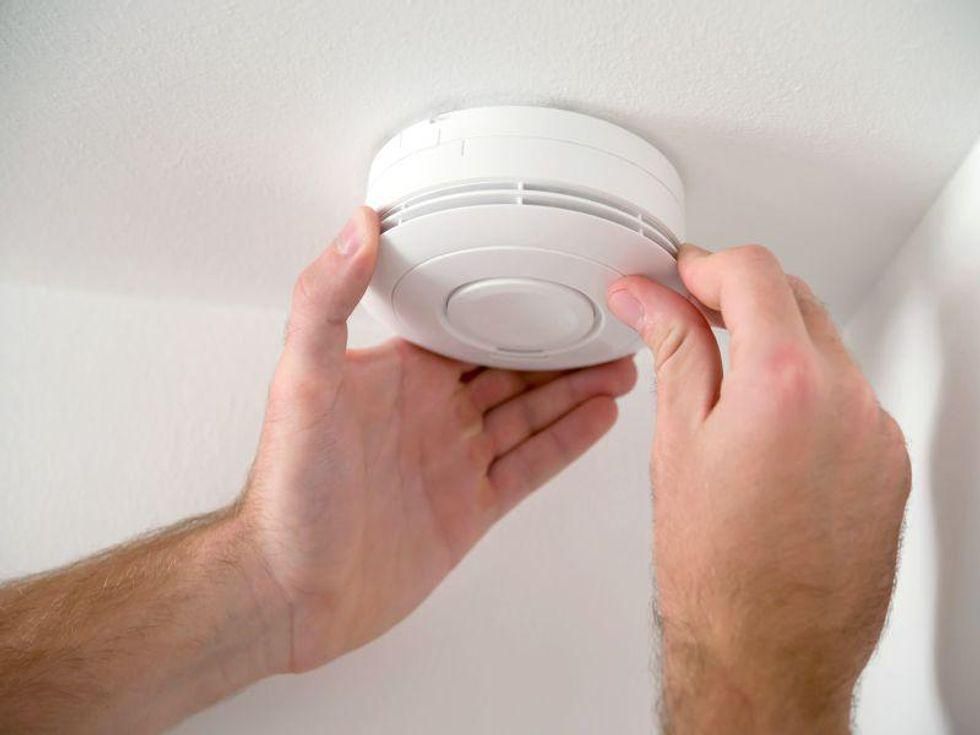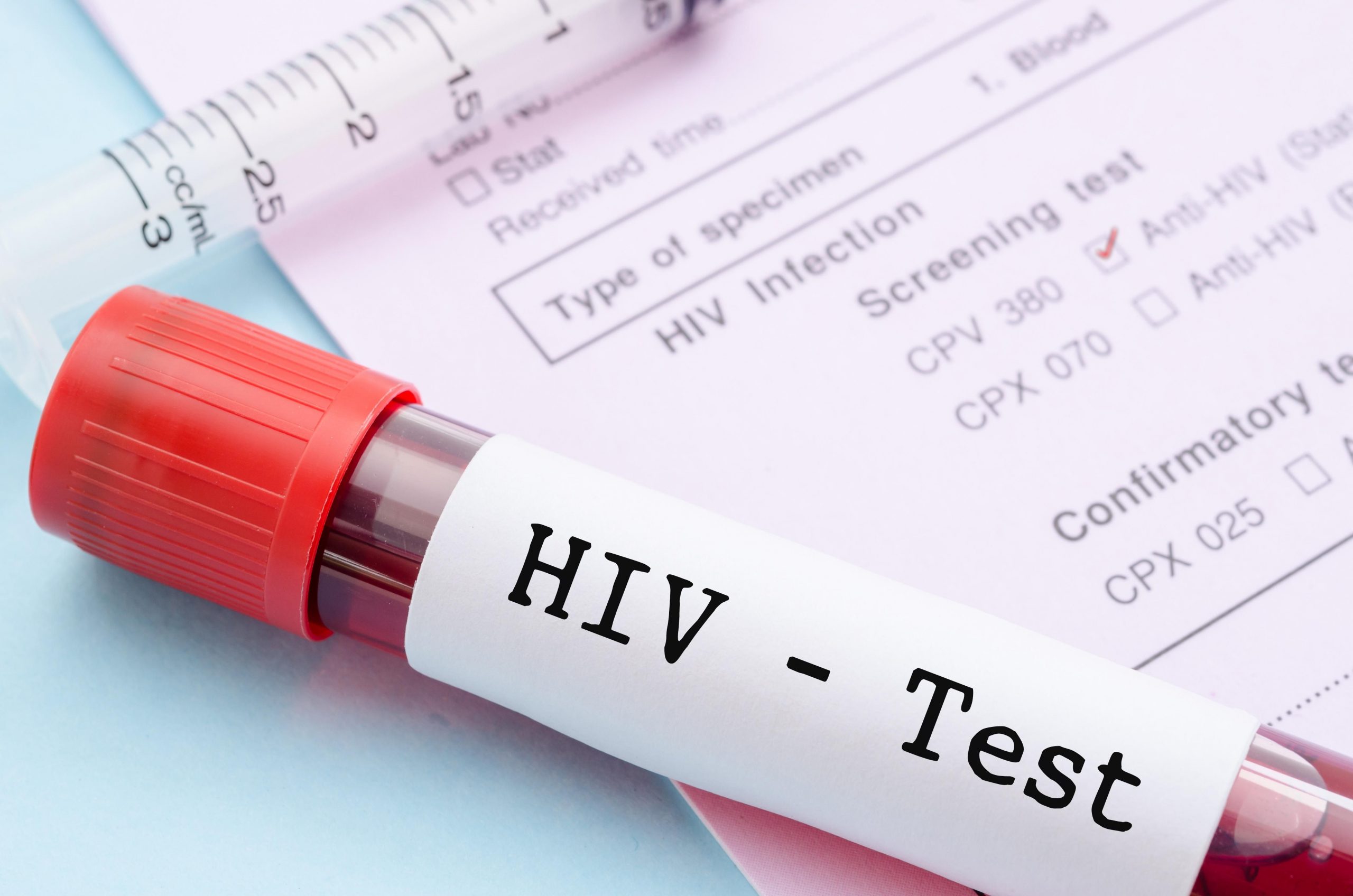
Doctors give men and women different advice to head off heart disease, even though guidelines for both are the same. Men were 20% more likely to be prescribed statins to lower blood levels of bad cholesterol compared with women, a new study found. Women, meanwhile, were 27% more likely to be advised to lose weight… read on > read on >


















